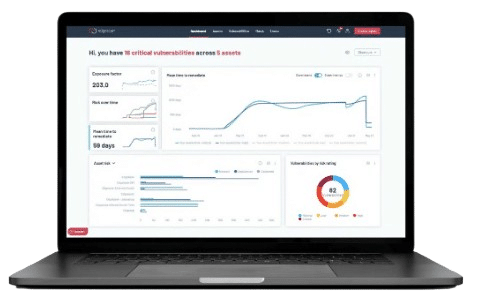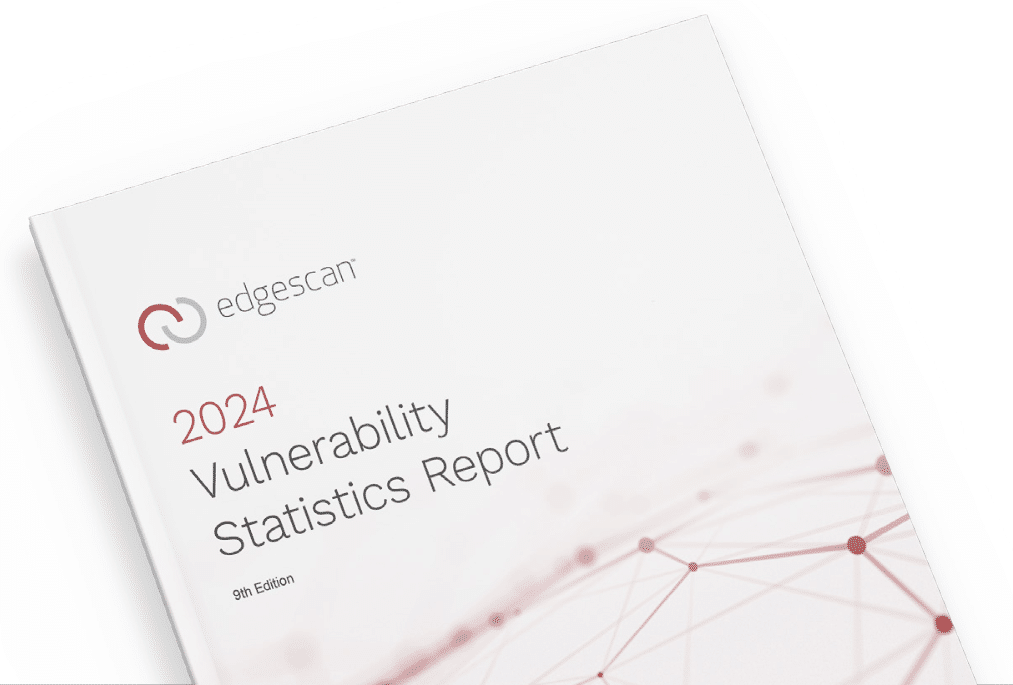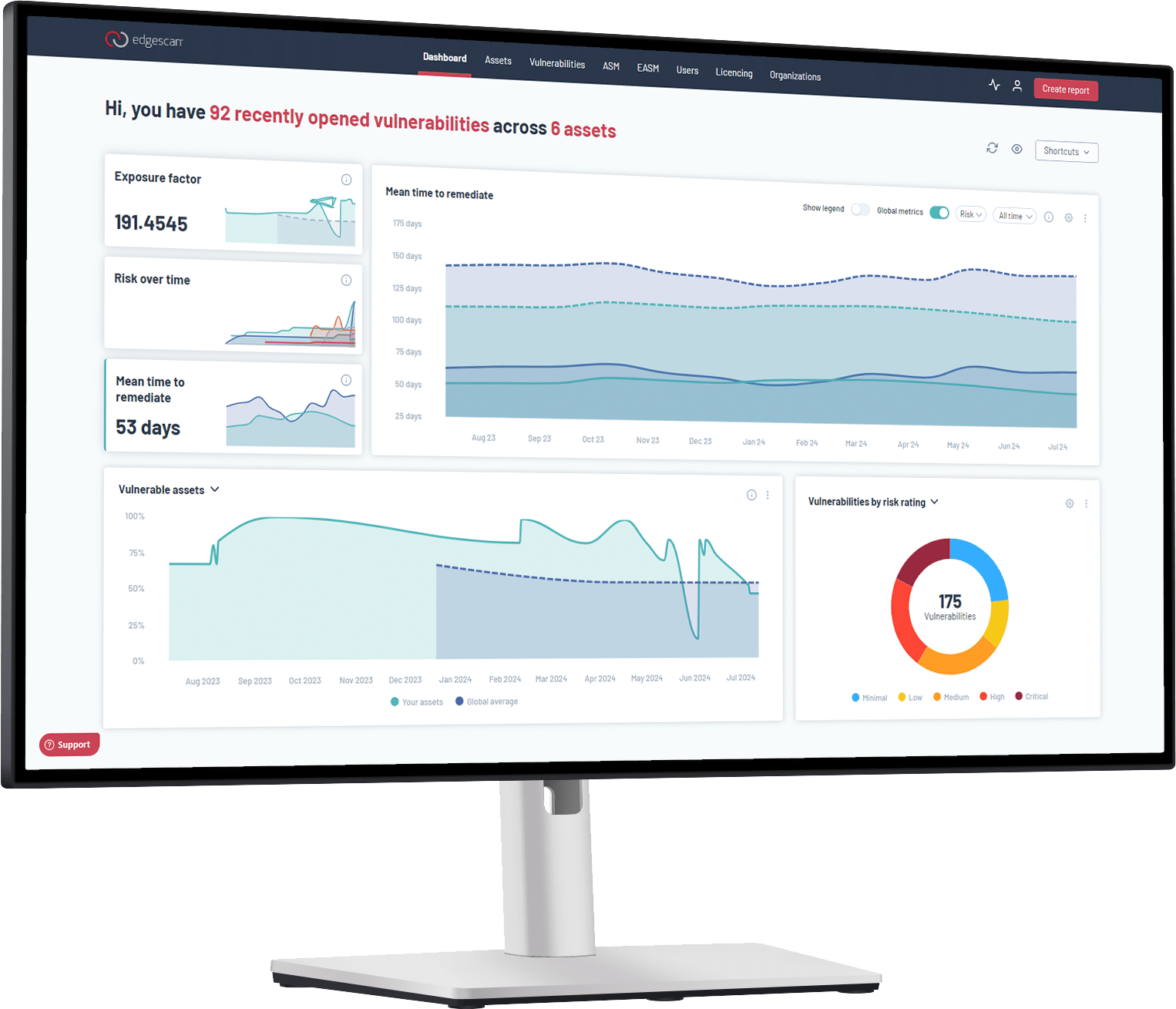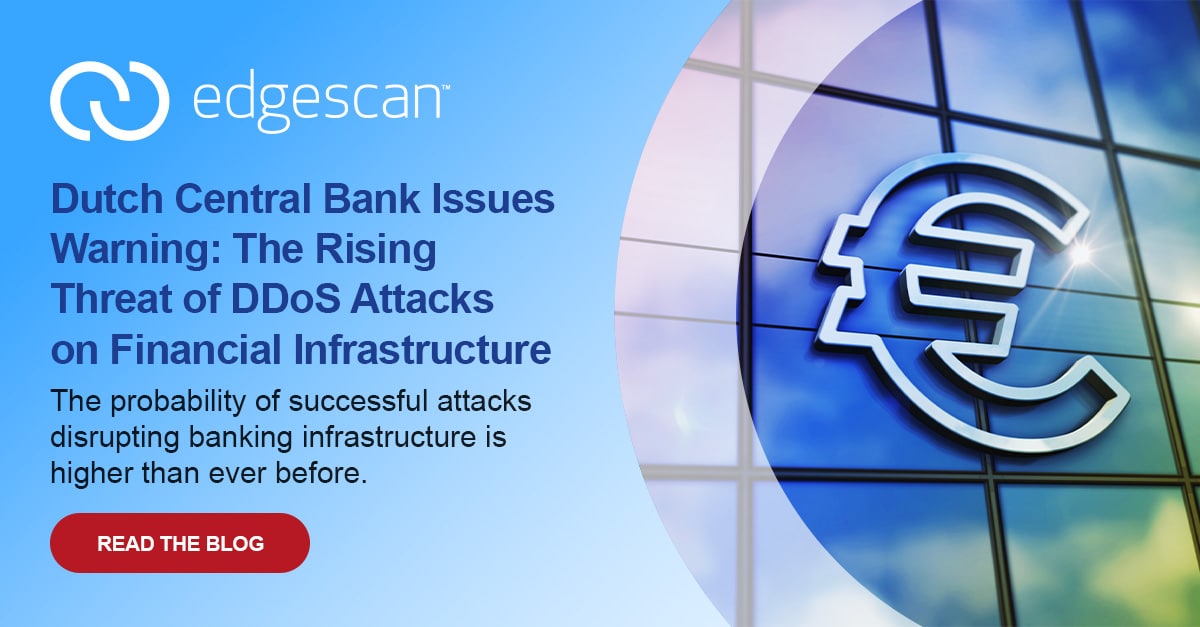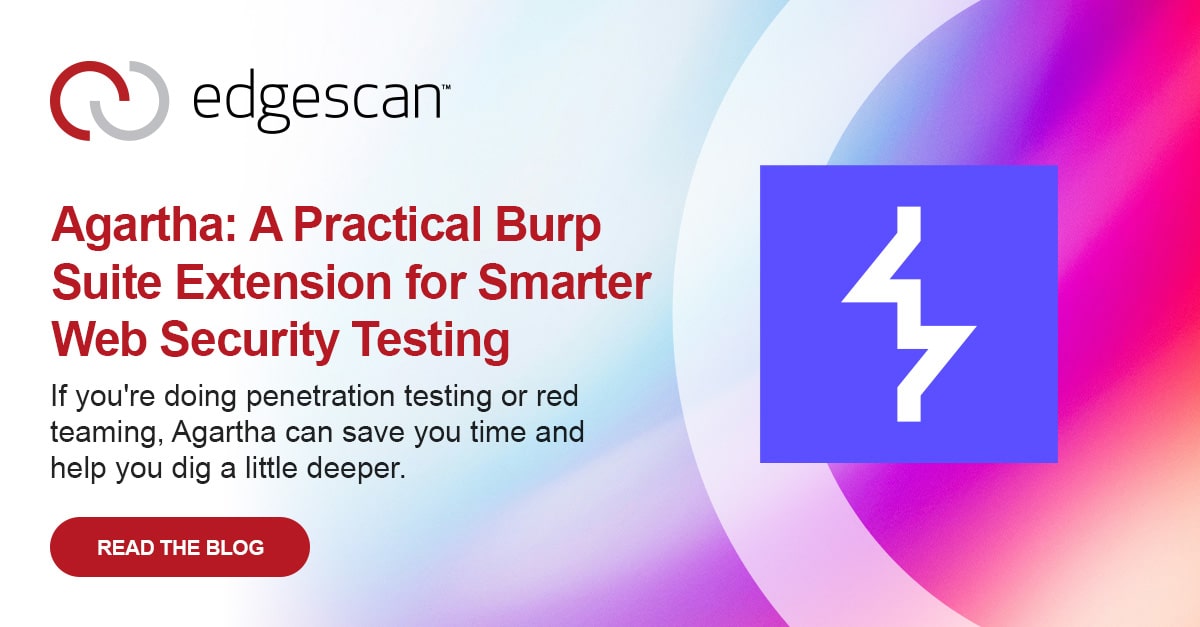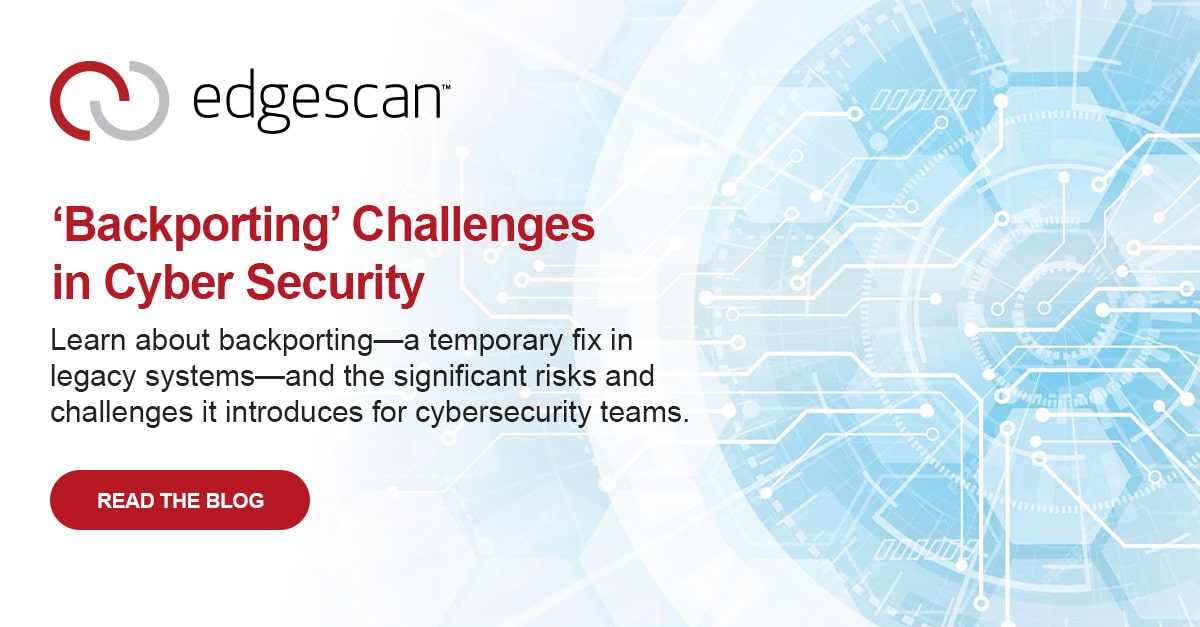In a significant development highlighting the growing cybersecurity concerns in the financial sector, the Dutch Central Bank has issued an unprecedented warning to citizens, advising them to consider keeping cash reserves at home. This warning comes amid escalating geopolitical tensions between East and West, substantially increasing the risk of cyber attacks against digital services.
The Rising Threat Landscape
The frequency and sophistication of cyber attacks targeting financial institutions have seen a dramatic 50% increase since 2023. Of particular concern are hyper-volumetric Distributed Denial of Service (DDoS) attacks, which can overwhelm banking systems and disrupt essential financial services including:
- Payment processing systems
- Card payment networks
- Banking transaction systems
- ATM networks
Understanding Modern DDoS Attacks
Today’s DDoS attacks have evolved significantly in both scale and complexity. These attacks can generate traffic volumes of up to 1 billion packets per second. This massive traffic volume can overwhelm even sophisticated defense systems, potentially disrupting services for hours or days.
The IoT Connection
A particularly concerning aspect of modern DDoS attacks is the exploitation of Internet of Things (IoT) devices. Common household smart devices – from refrigerators to washing machines – can be hijacked without their owners’ knowledge and incorporated into botnets for these attacks. This vast network of compromised devices gives attackers substantial computing power to launch devastating attacks.
Accessibility of Attack Tools
The barrier to entry for launching these attacks has decreased significantly. DDoS-for-hire services are available on the dark web for as little as $10 per hour, making these attacks accessible to various threat actors, from cybercriminals to nation-state operators and hacktivists.
Regulatory Response
The European Union has responded to these threats with the Digital Operational Resilience Act (DORA), which mandates stronger cybersecurity measures for financial institutions. This legislation ensures that organizations are better prepared to detect, prevent, and recover from such attacks.
Practical Recommendations
While the Dutch Central Bank’s warning is a big deal, it is important to maintain perspective. The recommendation is not to withdraw large sums but to keep modest amounts of cash (approximately a few hundred euros) available for essential purchases in case of temporary service disruptions.
Looking Ahead
While financial institutions continue to strengthen their cybersecurity defenses, the probability of successful attacks disrupting banking infrastructure is higher than ever before. Organizations must remain vigilant and invest in robust security measures to protect against these evolving threats.
What now? Don’t panic but be prepared. Maintaining basic contingency plans—including modest cash reserves—is a prudent approach to managing potential risks in our increasingly connected world as we continue to rely more heavily on digital financial services.

